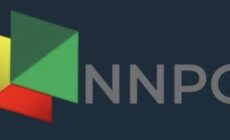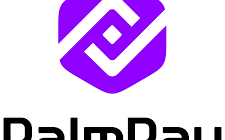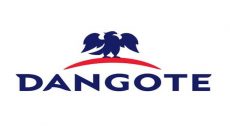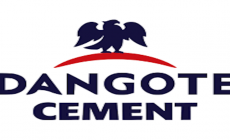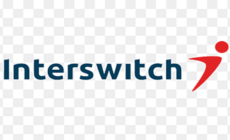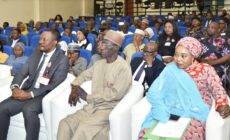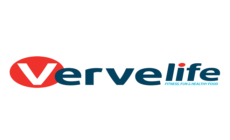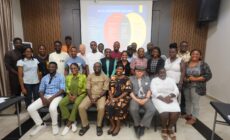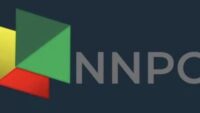The Nigerian private sector remained in growth territory overall in November, although recent protests led output to contract for the first time in five months, and the rate of expansion in new orders softened. Companies continued to raise purchasing activity and employment in line with rising new order inflows. Higher staffing allowed firms to reduce the level of outstanding business for the sixth month running, while vendor performance improved in November. Meanwhile, firms remained optimistic about output in the year ahead with plans to upgrade software and expand operations often cited by firms.
On the price front, inflationary pressures remained marked. Overall input costs increased amid higher raw material costs and currency weakness. Firms often chose to pass on higher cost burdens with average output prices increasing substantially.
The headline figure derived from the survey is the Purchasing Managers’ Index™ (PMI®), a property of Stanbic IBTC Bank PLC. Readings above 50.0 signal an improvement in business conditions on the previous month, while readings below 50.0 show a deterioration.
The headline PMI registered at 50.9 in November, down from 53.5 in October, but signaling another expansion in the Nigerian private sector. That said, the latest increase pointed to a significantly softer rate of growth, and one that posted below the long-run average.
Output fell for the first time in five months during November. Anecdotal evidence overwhelmingly linked the latest decline to recent civil unrest and country-wide protests. New orders continued to rise however with a solid expansion recorded in November.
In response to rising new business inflows, Nigerian private sector firms increased their workforce numbers solidly. Some firms mentioned re-hiring staff that were made redundant during the second quarter downturn. The rise in workforces contributed to a further reduction in outstanding business.
Despite the rate of growth softening from October’s eight-month high, buying activity continued to rise in November. Respondents commonly linked higher purchasing to rising new orders.
Average cost burdens faced by Nigerian private sector firms rose in the latest survey period. Firms often linked inflation to higher raw material costs. Companies continued to pass on part of the cost burden to customers by raising output charges.
Finally, business confidence remained positive overall as firms continue to foresee a rise in output in the next 12 months. That said, sentiments remained weak compared to the historical average, with considerable uncertainty remaining around the year ahead.



